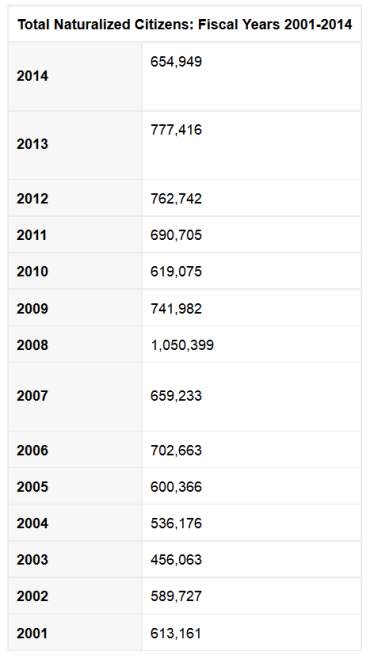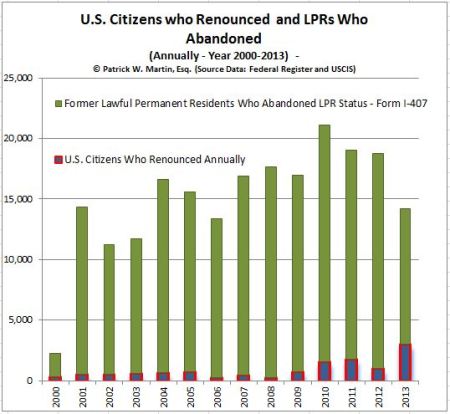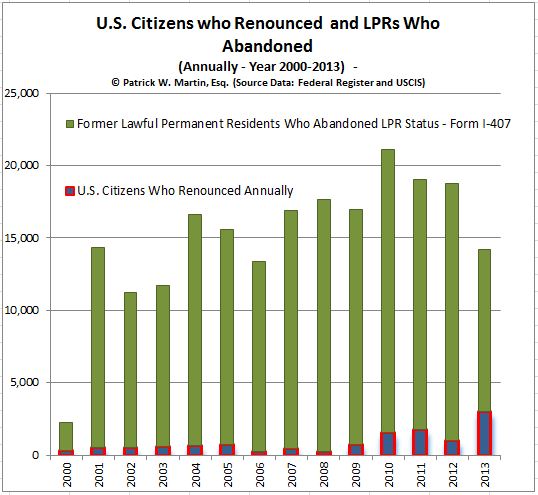The final regulations provide guidance relating to the requirement that
individuals attach a statement to their income tax return to provide
required information regarding specified foreign financial assets in
which they have an interest. Proposed regulations addressing the
application of these rules to domestic entities remain in proposed form
and will be finalized at a later date.
These regulations finalize regulations that were proposed in December 2011, and remove corresponding temporary regulations. Among the items addressed in the final regulations or in the preamble to the final regulations are measures concerning:
Other provisions of the regulations, or the preamble, address short-term accounts, assets in an account maintained by a foreign financial institution, life insurance with a cash surrender value, assets held for investment or not used in the taxpayer’s business, certain hedging transactions, employment contracts, shares of foreign companies traded on public stock exchanges, investments in social security or social insurance programs, interests held in foreign trust, among other topics.
The final regulations declined to adopt requests made, in comments to the proposed regulations, to eliminate duplicate reporting related to Form 8938 and the requirement to report foreign financial accounts on FinCEN Form 114 (generally referred to as the “FBAR”). Also, the preamble to the final regulations notes that the IRS and Treasury Department are considering the proper treatment of virtual currency under section 6038D and request comments on this topic.
These regulations finalize regulations that were proposed in December 2011, and remove corresponding temporary regulations. Among the items addressed in the final regulations or in the preamble to the final regulations are measures concerning:
- The reporting requirements of dual resident taxpayers
- Individuals who are residents of the United States under non-immigrant visas
- Persons that do not owe U.S. tax for the tax year
- Reporting threshold amounts
- Employees who are seconded to work in the United States
- Clarifications of reporting requirements for certain assets, such as nonvested property under section 83, assets held by a disregarded entity, and jointly owned assets
Other provisions of the regulations, or the preamble, address short-term accounts, assets in an account maintained by a foreign financial institution, life insurance with a cash surrender value, assets held for investment or not used in the taxpayer’s business, certain hedging transactions, employment contracts, shares of foreign companies traded on public stock exchanges, investments in social security or social insurance programs, interests held in foreign trust, among other topics.
The final regulations declined to adopt requests made, in comments to the proposed regulations, to eliminate duplicate reporting related to Form 8938 and the requirement to report foreign financial accounts on FinCEN Form 114 (generally referred to as the “FBAR”). Also, the preamble to the final regulations notes that the IRS and Treasury Department are considering the proper treatment of virtual currency under section 6038D and request comments on this topic.














